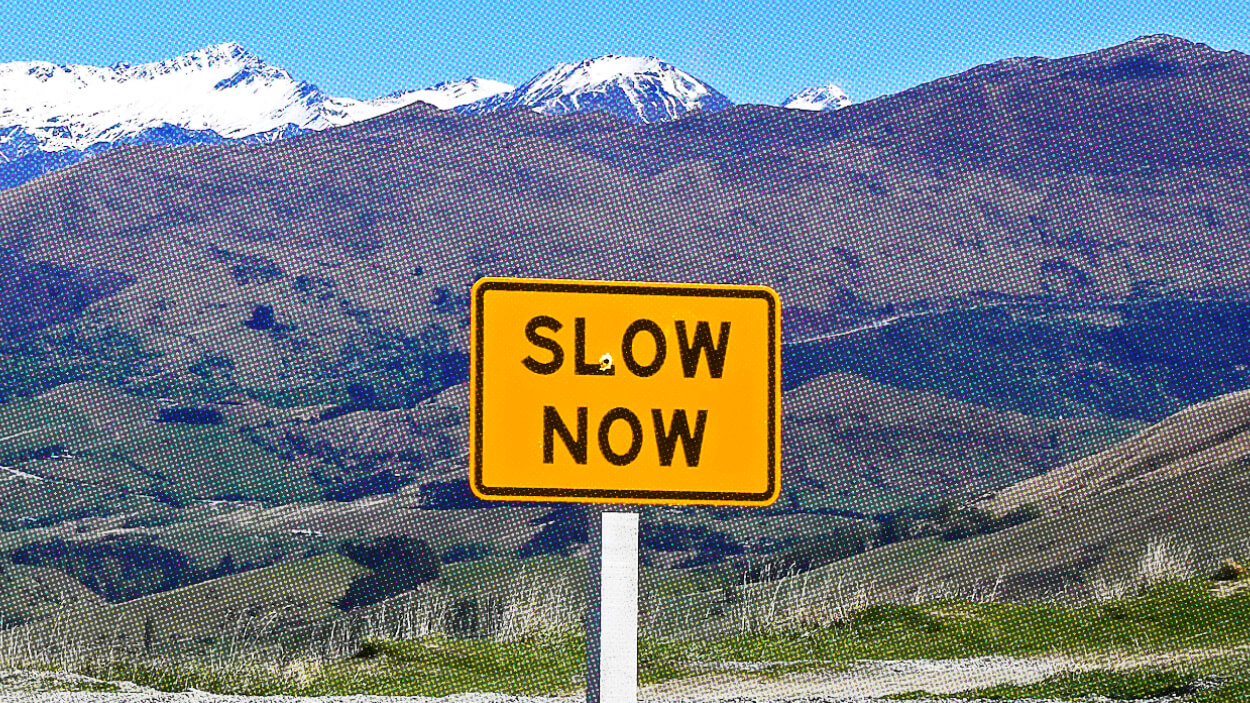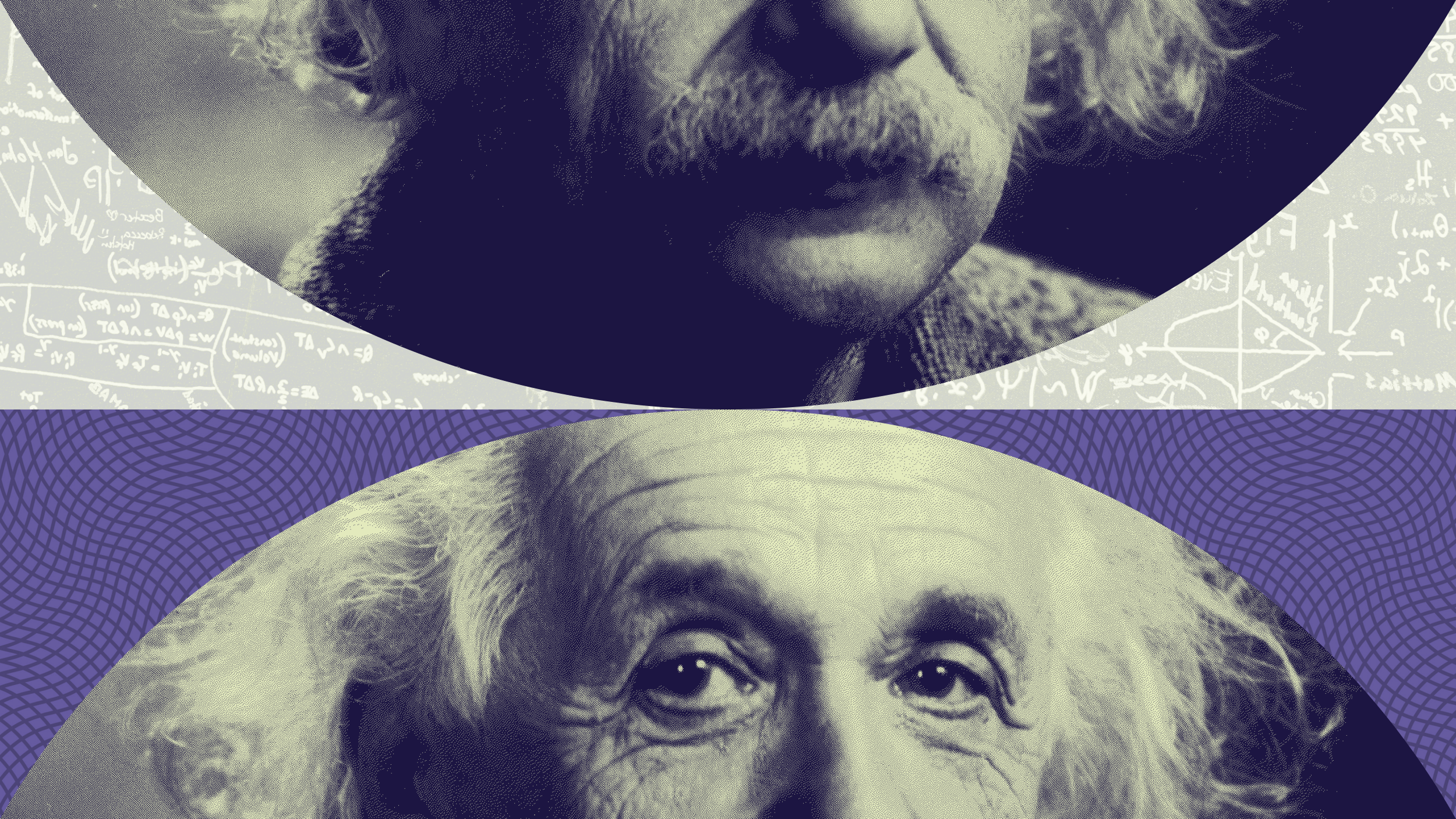In an ideal world, celebrities would have a responsibility to come out, but the gay basketball star realizes that the process is personal and variable—like a gestation period. Some people are like rats and others are like elephants.
Question: Do gay celebrities have a responsibility to come out?
John Amaechi: I think in an ideal world yes, celebrities do have a responsibility in many different areas to be role models, to... and in terms of LGBT celebrities to be out and show the world our diversity. At the same time, especially in a country like America, there are places, many states here still where coming out means you lose your job, where coming out means division, where it means potentially abuse. We’ve seen it.
And I also think that coming out it is personal, but more importantly than it’s personal, it’s like a gestation period. For some people it’s like a rat’s; you know, in a matter of days we see kids and celebrities who the moment they get famous it’s like "Yes, I’m out," boom, ready. But there are some people the gestation period is like an elephant’s and it’s just years and years before they’re ready. And I would just never want to have someone come out for the greater good who was a celebrity and then find them slipping into like Lohanville with alcohol or drugs or something else just because they couldn't cope. I want them to come out. I want them to show that we are diverse and safe and regular, but I want them to do it in a way that protects them as well.
Question: How can we combat homophobia?
John Amaechi: I think the things that people have to bear in mind are that out professional athletes, out celebrities in film, for example—and we still have very few male out celebrities in film. Out people in these... the people who are on the parapet that will be a consequence of a positive change in society, not a precursor. It won’t be because some X number of athletes come out and therefore a bunch of people in right-leaning states suddenly say "Right, well if X baseball player and Y basketball player are gay, then I’m perfectly fine with it." All of the sudden Leviticus gets thrown out the window and no, there is no problems anymore.
The reality is that in this country there are still laws being put on the books every month that are anti-gay, that are designed to redefine family to mean one thing and not to include LGBT people. There are a constant stream of bullying going on in schools and in workplaces, and the deaths and murders of young LGBT people. And this means that if you’re 16 and you’re not in New York and you're not in Chicago and you're not in Los Angeles then you look around you and you think it's not safe yet.
I think it’s true that in some businesses like finance, some Wall Street banks, some investment banks have changed. You will find more LGBT people there. But I also know that you’ll find more LGBT people in the client-facing side of their banks, but there are still parts of their banks that are very, very strongly traditional; trading floors, et cetera, where you’ll find it hard to find a woman, never mind a gay person, so there is a lot of work still to do. It would be helpful if laws didn’t keep coming up on the books that marginalized and impacted LGBT people and we’ve got to make the words that offend and damage LGBT youth more taboo. The N word sucks the air out of a room, and yet people can say the F word as if it means nothing.
Recorded October 7, 2010
Interviewed by Max Miller





